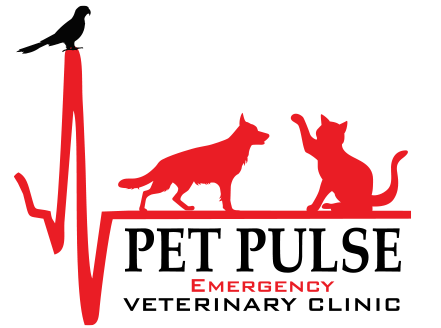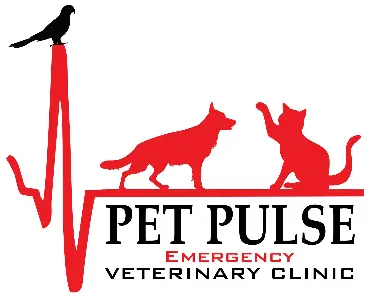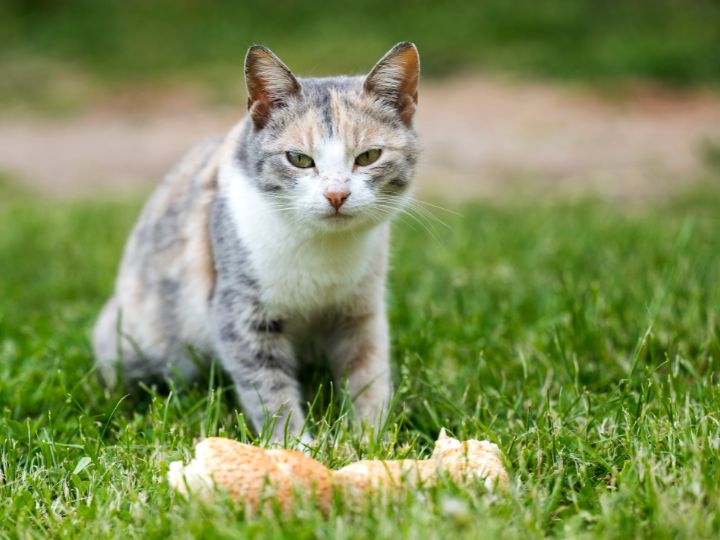Bread for Cats: Is It a Fun Treat or Diet No-No?
As a cat owner, it’s natural to want to share your meals with your furry friend. Cats are curious about what we eat, and bread often catches their interest. While bread is harmless to humans, you may wonder: can cats eat bread?
Yes, cats can eat small amounts of plain bread, but it’s not ideal for their diet. Bread mainly contains carbs, which offer minimal nutritional value for cats. Bread lacks the essential nutrients cats need, such as taurine and protein. It’s fine as an occasional treat but should never be a regular part of their diet.
Before you offer your cat a slice of bread, read on to find out whether bread for cats is safe, and when it might become a concern.
Bread for Cats: Is It Safe?
Bread itself isn’t toxic to cats in small amounts, but there are certain risks to be aware of if you’re thinking of offering a bread slice for cats:
- Raw Dough Dangers
According to the ASPCA, raw yeast dough can expand in a cat’s stomach, leading to discomfort or even alcohol poisoning due to fermentation. Never let your cat near unbaked dough.
- Toxic Ingredients to Avoid
Some types of bread contain additives that are harmful to cats:
- Garlic & Onions – Can damage red blood cells and cause anemia.
- Raisins – May lead to kidney failure in cats.
So, is bread allowed for cats? Only when it’s plain, baked, and free of any toxic ingredients.
What Makes Bread Tempting to Cats?
Many cats are drawn to bread’s soft texture and yeast smell. This might explain why cats and bread can sometimes seem inseparable during mealtime. But this attraction doesn’t mean bread is healthy for them. Cats need nutrients like taurine, which is only found in animal-based protein. Bread lacks these essentials, which is why bread isn’t good for cats as a dietary staple.
Healthier Treats for Cats
Instead of bread, consider offering your cat more nutritious treats that support their health:
- Cooked Chicken or Turkey – Lean, high-protein, and similar to a cat’s natural diet
- Cooked Fish – Rich in omega-3s (serve in moderation)
- Cooked Egg – Provides a protein boost in small amounts
- Pumpkin – High in fiber and helps with digestion
- Cucumber or Carrot – Hydrating, low-calorie snacks
- Catnip or Cat Grass – Stimulating and safe
- Commercial Cat Treats – Designed to meet feline dietary needs
Though a plain bread slice may seem harmless, healthier treats offer real nutrition without the empty carbs.
FAQs
What Happens If a Cat Eats Bread?
If your cat eats a small amount of plain bread, it’s usually harmless. But watch out for:
- Digestive Upset – Gas, bloating, or minor discomfort
- Raw Dough Consumption – Serious issues like alcohol poisoning or stomach expansion
If your cat shows any unusual symptoms, consult your vet.
Is toast better than fresh bread for cats?
Toast is not better than fresh bread for cats. Both offer little nutritional value and should only be given occasionally, if plain and free from toppings or harmful ingredients.
Can cats eat whole wheat or multigrain bread?
Cats can eat a small amount of plain, fully baked whole wheat or multigrain bread, but only if it doesn’t contain harmful ingredients like seeds, garlic, onions, or raisins. Always check the label before offering it as a rare treat.
Conclusion
So, is bread good for cats or should it be avoided altogether? Not really—but in small, plain amounts, it’s not harmful. While cats can nibble on a little bread safely, it doesn’t contribute anything useful to their diet. Your focus should always be on a meat-based, protein-rich food plan that meets their specific nutritional needs.
If your cat sneaks a bite of bread now and then, it’s fine. Just remember: bread is a treat, not a meal. Always choose nutrition over novelty when it comes to your cat’s health.



